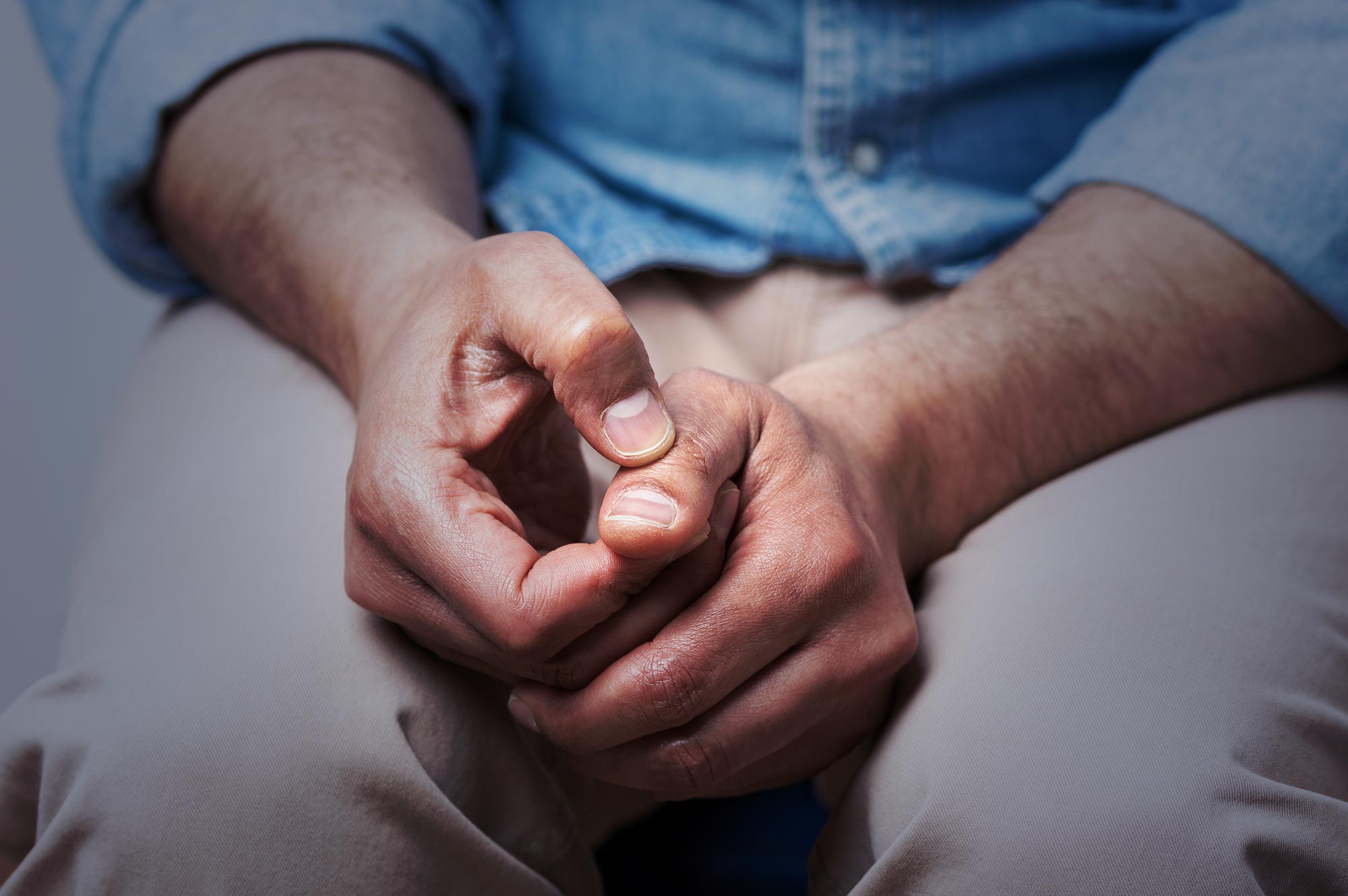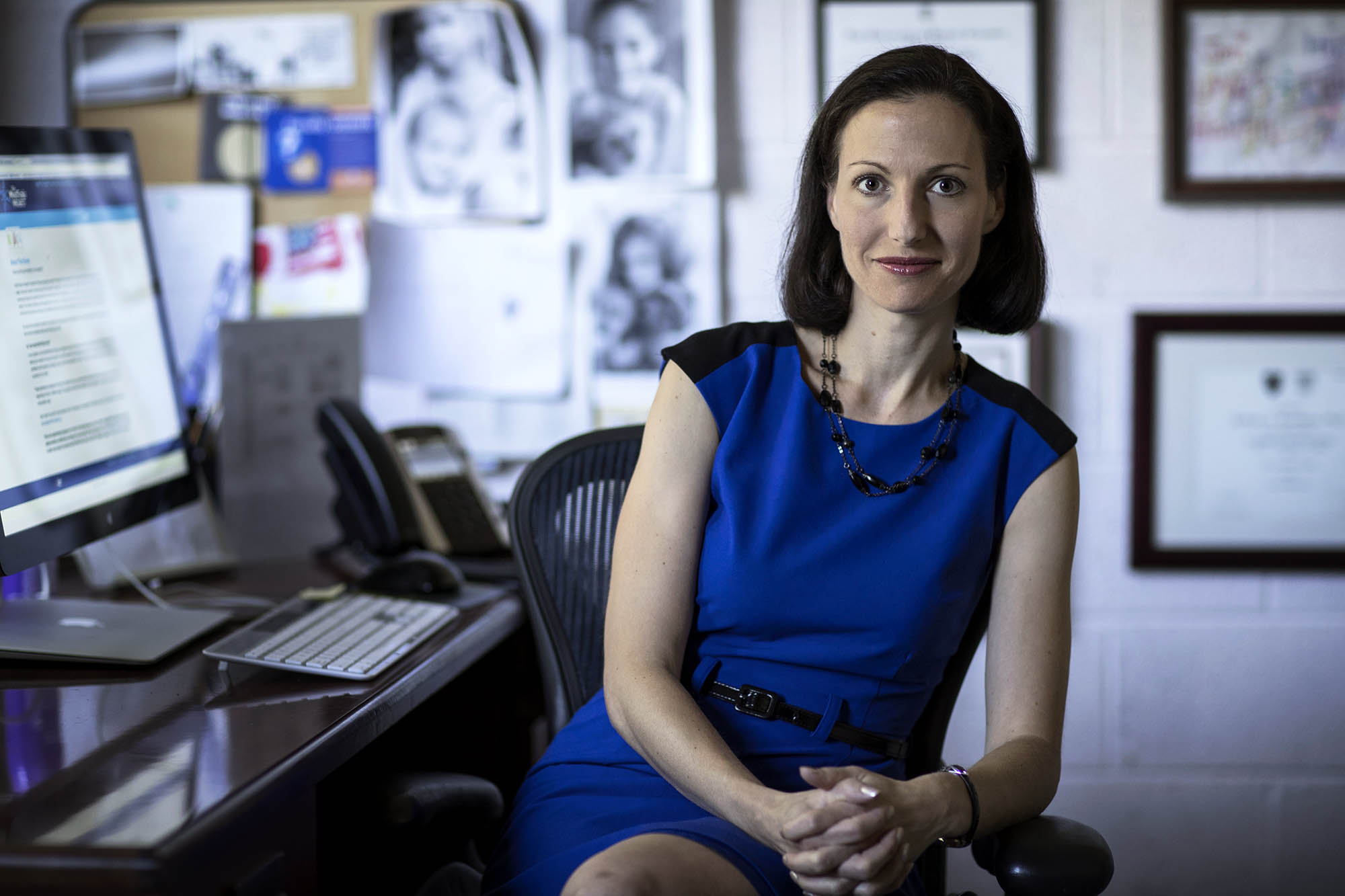Q. How bad is it?
A. It’s hard to overstate the seriousness of the gaps and delays. Even though early detection and treatment have huge benefits, research suggests only 11% of U.S. adults who have an anxiety disorder will start treatment during the first year the disorder starts. People often wait more than 20 years before getting help.
Moreover, because anxiety disorders are characterized by avoidance, we cannot simply wait for people to take the initiative with health care providers. A study of people with generalized anxiety disorder found that only 13.3% presented with anxiety as their chief complaint. Most were more likely to report physical health complaints, pain, or sleep issues.
This highlights why it is so important to ask about anxiety in a way that reduces stigma so we don’t keep missing cases where help is needed. We must make it as acceptable to report on anxiety problems as it is to say you have chronic headaches.
Q. Why is this recommendation coming now?
A. The problems in identifying and accessing treatment for anxiety disorders have existed for a very long time and were well entrenched long before the pandemic, but the intense stress of this time has brought increased attention to the massive mental health needs of our communities.
There are ongoing debates about just how much mental illnesses like anxiety and depression have increased due to COVID-19 and its myriad economic, health, social, professional, academic and racial injustice stressors. Some reviews suggest that anxiety mainly spiked near the beginning of the pandemic and then came down for most people. Other reports suggest massive increases in the rates of anxiety, including a well-researched estimate of an additional 76.2 million cases globally as a result of the pandemic. It is also clear that some groups were especially hard-hit, like health care workers.
There is no question that we have unacceptably high rates of anxiety disorders in our population, with approximately a quarter of the population expected to meet criteria for an anxiety disorder during their lifetime. So, the problems have been longstanding, but I think the will is finally there now to take actions like this screening recommendation.
Q. Is there anything about this recommendation that gives you pause?
A. One major concern is what will happen once we increase the number of people identified as likely having clinical anxiety. There are already waitlists at so many clinics and it is not easy to secure high-quality care. It will be essential to become more creative in how service delivery can be scaled to better meet the enormous needs. This will mean not simply adding more professional mental health care providers (this is important but will never be sufficient to meet the needs), but also employing other well-researched, effective tools, such as digital mental health supports that are based on good science, and using non-specialist providers, meaning people who are not professionals but can be trained to provide specific elements of evidence-based care and are often already trusted members of the communities they will serve.
Another concern is providing supports to primary care providers who are already overwhelmed by the number of tasks they need to do during stacked, short office visits. We have to make this easy with clear paths for continuity of care so that screening and referral to subsequent care can feasibly be integrated into already overburdened systems.






